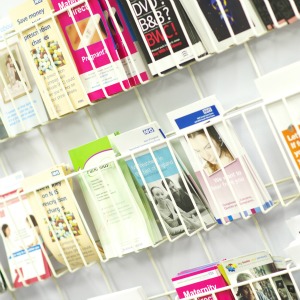GPs should do more to address poor patient health literacy, says RCGP

The RCGP has called for GPs to do more to explain medical jargon in patient literature after a study suggested almost half of patients struggle to understand health advice handed out by doctors and health professionals.
The study, carried out by the College, compared 65 common types of health materials, such as healthy eating guides or leaflets on the importance of sexual health screening, with average adult literacy and numeracy levels as assessed by the Department of Business, Innovation and Skills.
And researchers identified that the health materials exceeded the literacy level of 43% of UK adults and that one in three adults would struggle to understand the numerical information.
The research identified case studies demonstrating how the lack of understanding can increase the risk of health complications. In one example, a patient missed an xray appointment because they didn’t know that they needed the radiology department, while another mistook the term ‘chronic’ to mean ‘serious’ rather than persistent.
The RCGP said issues around low health literacy should be included in GP training, and that practices needed to work with hospital colleagues to improve their ‘health literacy environments’ including introducing clearer hospital signaqe and information for patients.
RCGP Chair Maureen Baker said the College would work with NHS England to make the health system more accessible.
She added: ‘Too often, our healthcare environments fail to recognise the needs of people with different levels of understanding about their health, meaning that patients are failing to receive the right care at the right time.’
‘We know that low health literacy affects all areas of health and health care, which is why we want to encourage GPs and the wider NHS to ensure they are communicating complex information in a clear and manageable way. ‘









